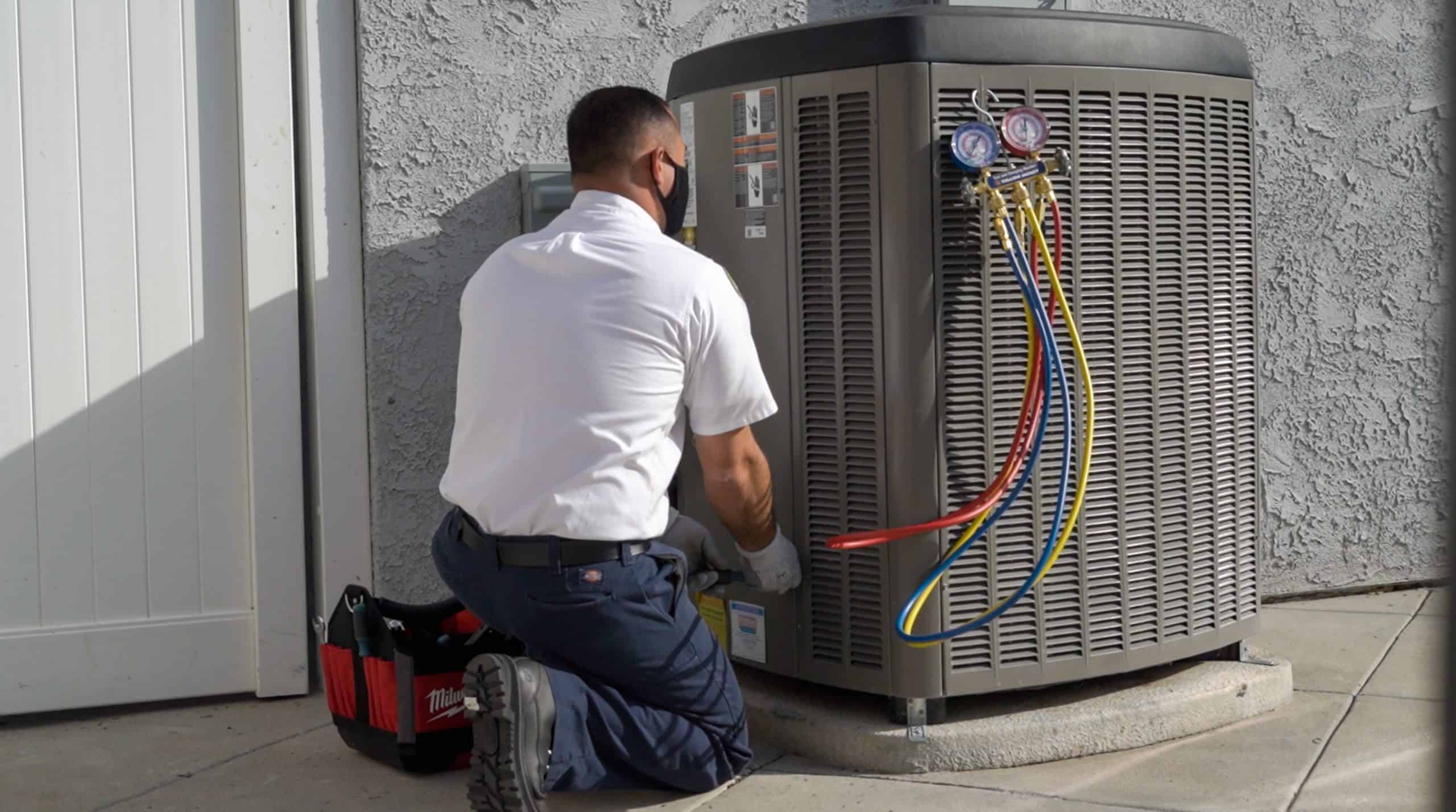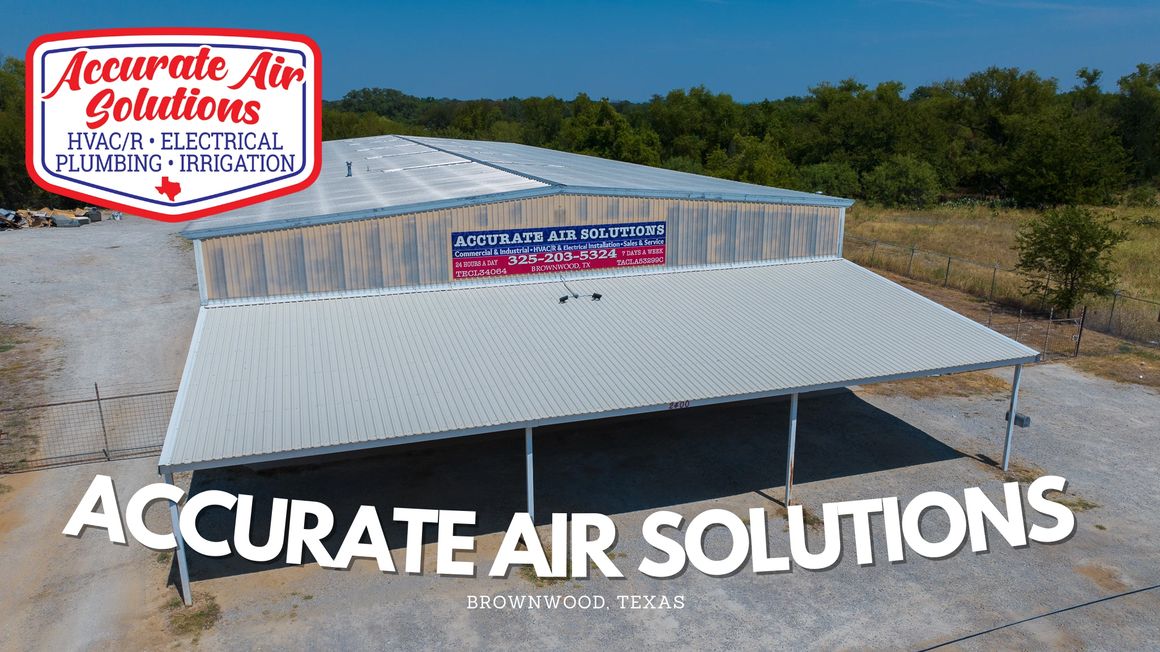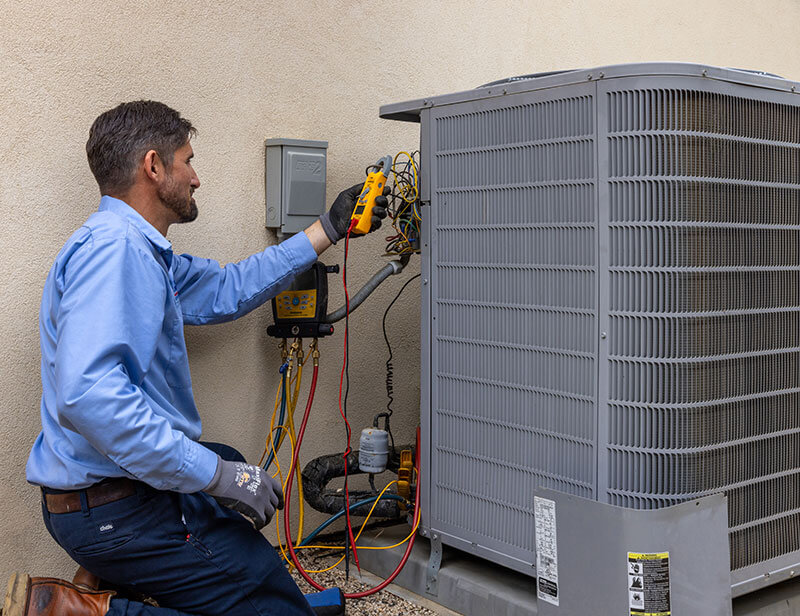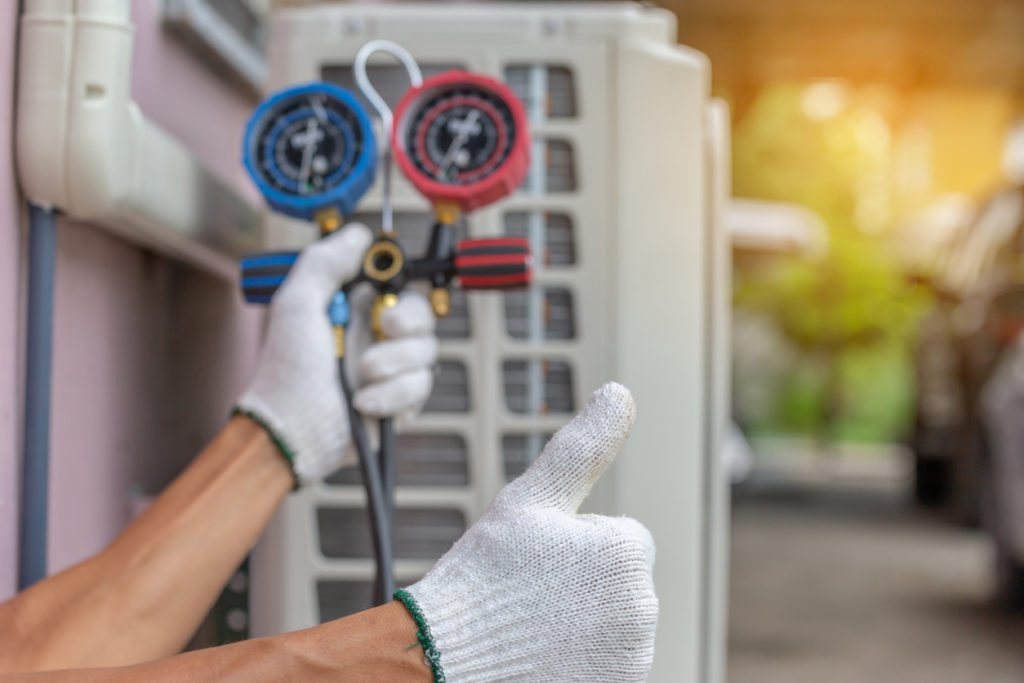The Relevance of Cooling And Heating Installment: Secret Considerations for a Comfortable Indoor Setting
The installment of an a/c system is an important component in achieving an energy-efficient and comfortable interior atmosphere. The process includes numerous nuanced factors to consider that go beyond simply picking a device off the shelf. Factors such as the viability of the system for certain building requirements, appropriate sizing to prevent ineffectiveness, and the expertise of service providers for a high quality installment play critical duties. The fostering of innovative technologies can substantially boost system performance. Yet, recognizing these intricacies is merely the beginning of guaranteeing ideal indoor comfort. What are the important components that dictate successful a/c application?
Picking the Right System

When choosing a HVAC system, it is essential to evaluate the capacity required to effectively warmth or cool down the area without exhausting the system, which can cause boosted wear and operational expenses. Consulting with an expert heating and cooling professional can offer valuable understandings right into choosing a system that lines up with both the architectural design and the awaited use patterns of the building.
Additionally, taking into consideration the combination of wise technology can boost system administration and tracking, offering better control and prospective cost financial savings. By thoroughly analyzing these variables, one can guarantee the option of an a/c system that not only fulfills instant needs yet also adds to long-lasting operational sustainability and passenger comfort.
Recognizing Energy Performance
Understanding energy effectiveness is necessary when taking into consideration a HVAC setup, as it directly affects both the ecological impact and the functional prices of the system. The performance of a Cooling and heating system is generally indicated by scores such as SEER (Seasonal Energy Effectiveness Ratio) for air conditioners or AFUE (Annual Fuel Usage Effectiveness) for heating systems.

Purchasing an energy-efficient a/c system not only converts to cost savings yet also adds favorably to environmental preservation by lowering greenhouse gas emissions. In addition, numerous jurisdictions offer rewards or rebates for the installment of high-efficiency systems, even more boosting their financial allure.
When assessing power efficiency, take into consideration advanced attributes such as variable speed electric motors, clever thermostats, and zoning abilities. These innovations improve the system's capacity to adapt to differing need, thus maximizing energy use. It is critical to consult with cooling and heating professionals who can give insights into the most effective alternatives tailored to certain environment conditions and usage patterns, making sure optimal efficiency and comfort.
Value of Correct Sizing

Alternatively, a small a/c system will certainly have a hard time to reach the preferred temperature, specifically during extreme weather conditions. This can cause constant procedure, causing higher power expenses and possible overheating of system parts. Furthermore, poor sizing can cause irregular temperature circulation, causing particular areas of a structure to be also amazing or also warm.
To accomplish the correct sizing, a detailed load computation is essential. This includes analyzing different aspects such as the building's square video footage, insulation degrees, home window types, and regional environment problems. By accurately figuring out the home heating and cooling down needs of an area, cooling and heating professionals can suggest systems that make certain efficient operation, decreased power intake, and boosted indoor comfort.

Ensuring Quality Installation
A seamless HVAC installation is the cornerstone of a system's long life and efficiency. Making sure high quality setup includes meticulous furnace unit attention to information, adherence to sector requirements, and utilizing competent professionals. The process starts with choosing a certified and seasoned cooling and heating specialist. This expert need to have thorough understanding of varied systems and be proficient at evaluating the specific demands of the building.
Appropriate installation goes past mere positioning of equipment. It entails accurate calibration to make certain ideal air movement, effective power usage, and consistent temperature circulation. This consists of precise ductwork installment, guaranteeing links are leak-free and safe and secure, which is vital for keeping system efficiency and interior air top quality.
Additionally, the execution of advanced diagnostic devices during setup can identify potential problems early, protecting against costly repair services and expanding the lifespan of the system. The specialist needs to also guarantee that all elements are suitable and that the system abides by regional structure codes and laws.
Regular Maintenance Practices
When the foundation for a high-performing heating and cooling system is established through quality installation, the focus needs to change to normal upkeep methods to guarantee continued efficiency and integrity. Regular upkeep not only extends the lifespan of the system yet additionally improves indoor air quality, lowers power usage, and avoids costly fixings. Crucial upkeep tasks consist of consistently altering air filters, cleaning evaporator and condenser coils, and inspecting the system for leakages or obstructions.
This basic job can substantially boost air flow and system effectiveness. In addition, professional specialists need to inspect the system every year, examining for refrigerant levels, electrical links, and total system performance.
Attention to ductwork is likewise essential; sealing and cleaning up air ducts consistently avoids air loss and contamination. Carrying out an upkeep timetable ensures that minor problems are attended to prior to they rise, guarding the system's operational integrity. By adhering to these maintenance methods, house owners can enhance their cooling and heating system's capability and keep a comfortable check out here indoor environment year-round.
Conclusion
By picking a proper system tailored to certain building needs, recognizing energy efficiency, and making certain appropriate sizing, inefficiencies can be reduced. The involvement of competent contractors warranties high quality setup, while the assimilation of advanced modern technologies enhances system efficiency and monitoring.
A number of kinds of Heating and cooling systems are readily available, including split systems, crossbreed systems, duct-free systems, and packaged home heating and air Source systems, each with distinct advantages and limitations.
Comprehending energy performance is vital when taking into consideration a Heating and cooling installment, as it straight impacts both the environmental impact and the functional costs of the system. The effectiveness of a Cooling and heating system is typically suggested by scores such as SEER (Seasonal Power Performance Ratio) for air conditioners or AFUE (Annual Fuel Use Performance) for furnaces (emergency ac service Brownwood TX).As soon as the structure for a high-performing HVAC system is established through high quality setup, the focus ought to move to routine maintenance practices to guarantee continued efficiency and reliability. Additionally, professional technicians should inspect the system annually, examining for cooling agent degrees, electrical connections, and overall system efficiency